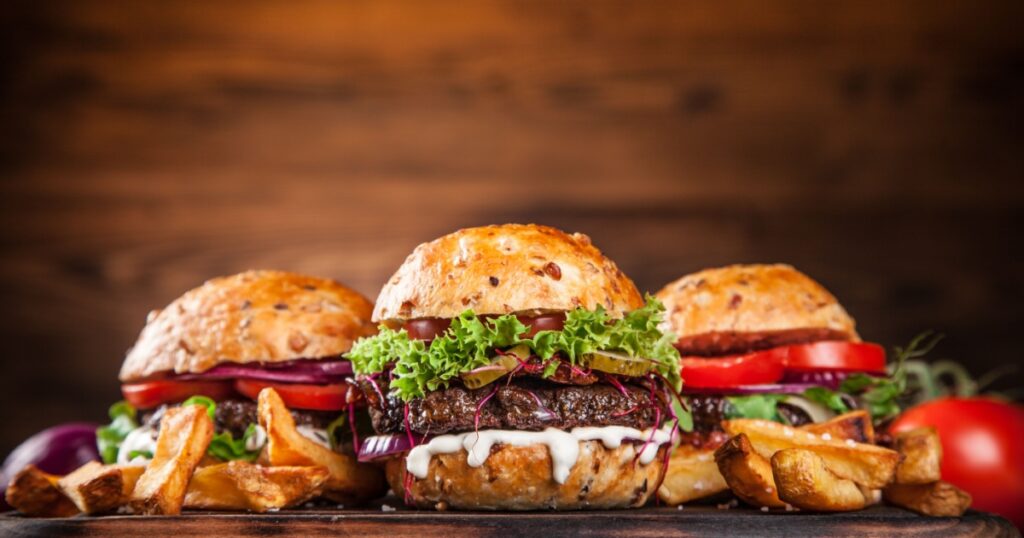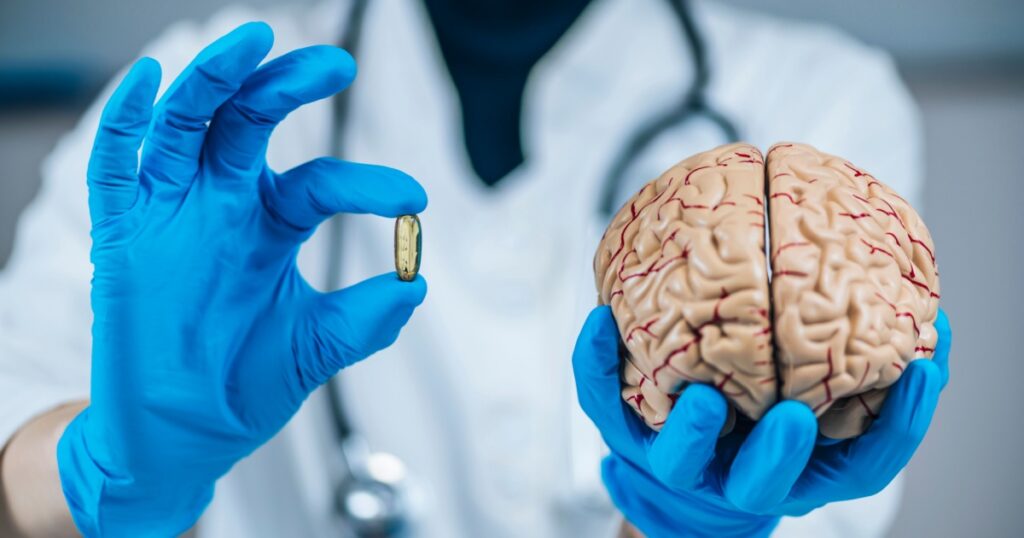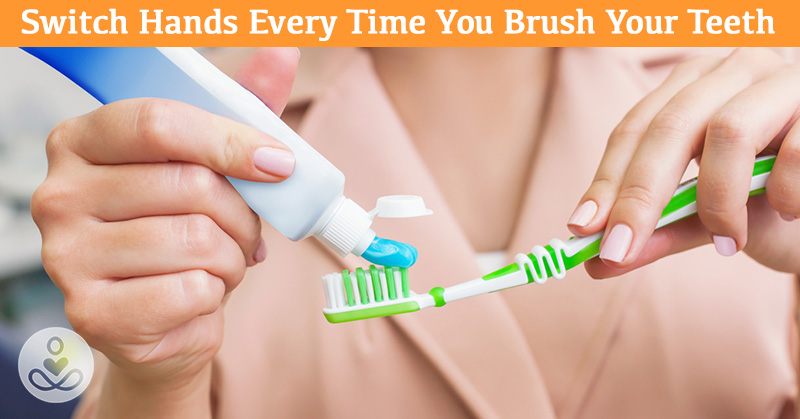Are you always looking for those supposed misplaced items (you swore they were there a second ago)? Or forget why you entered a room? Spaced out on marking down an important meeting or due date for an assignment? These are all common scenarios that can occur at any age, but concern may arise when they interfere with most of our daily activities. Unfortunately, we now live in a world where our attention span is less than a goldfish, but if a walk in the park or a vacation doesn’t seem to help your memory or focus, or people close to you begin to notice your inconsistencies, then consider speaking with your doctor to discern all potential causes.
The Causes of Brain Fog

Brain fog is not a medical term, though usually interpreted as forgetfulness, confusion, lack of mental clarity, and lack of focus, and may be due to a single or any combination of issues such as hormonal imbalances, stress, poor diet, gut issues, blood sugar dysregulation, insomnia, thyroid issues, mood disorders, fatigue, medication, pregnancy, autoimmune diseases, and dementia, to name a few. Your knowledgeable healthcare professional will ask questions to help rule in or rule out certain conditions, perform physical exams as appropriate, and potentially order certain blood work, imaging, or perhaps additional tests that may not be covered by insurance. A diagnosis certainly helps guide a treatment plan (then it addresses the cause of concern); however, regardless of the results, there are many lifestyles and natural approaches that can improve function as well as overall health.
Read More: Brain Cancer Treatment Shows Promise As Tumor Almost Disappears in 5 Days
How To Prevent Brain Fog – Lifestyle Changes

New neuronal connections and ‘rewiring’ the brain is important for us both as a species and throughout our daily lives in order, to adapt to new scenarios. To strengthen these connections on a regular basis, ensure that you are, being social, seek to play more brain games, switch up your routine (e.g. brushing your teeth with the opposite hand), and continuously learn new skills and knowledge to foster these attachments. Exercise (especially aerobic from walking to running) is also incredibly important in enhanced learning due to new hippocampal connections (responsible for learning and memory), as well as being able to help address post-stroke rehabilitation, stress, and depression (Cotman, Berchtold, & Christie, 2007).
Consider working with a fitness professional if you’re starting a brand new regimen, or interested in increasing your fitness goals.

Sleep is critical to overall health as it helps solidify those new neuronal connections, encoding information, and memory, in addition to melatonin being our most potent endogenous (we make it ourselves) antioxidant. We can get the most value once asleep around 10/10:30 pm, as it’s made between 11 pm-3 am. It also varies inversely with cortisol, our stress hormone, which can actually impair memory formation. Outside our body, our potential constant exposure to environmental toxins such as heavy metals and fragrances in our beauty and cleaning products can be an additional obstacle to overcome in achieving mental clarity.
How To Prevent Brain Fog – Dietary Changes

Nutritionally, decreasing sugar consumption is the most important step. This also includes simple carbohydrates (especially those from white flour), and alcohol as these two metabolize quickly to turn into sugar and promote inflammation. In addition to cutting back on sugar, opt for a more Mediterranean-based diet by increasing consumption of vegetables, especially dark leafy greens and cruciferous, as well as healthy fats (most of our brain is comprised of fat) like olive oil, fish (wild caught is best), avocado, and coconut oil; this can both preserve and boost brain function.
Lastly, consider an elimination diet

Or, try a diet diary, testing, or any other method that can also rule out a potential food allergy, sensitivity, or intolerance (e.g., gluten intolerance can commonly lead to ‘brain fog’). Poor gut health can affect the absorption of important vitamins and minerals that affect not only brain health but overall health. Furthermore, the gut is now touted as the second brain, making the same neurotransmitters as our brain, and uses the vagus nerve to ‘talk to’ the brain about what we need. There are strong links between our gut integrity and brain function (Mayer, 2011).
Read More: Parkinsons and the Gut-Brain Connection
How To Prevent Brain Fog – Therapeutic Supplements

Supplements are meant to supplement, not replace an unhealthy lifestyle, so as these changes are being implemented, it can be helpful to add in these brain-boosting nutrients for extra support. Vinpocetine, for example, can help improve memory and concentration by increasing blood flow to the brain, uptake of glucose to neurons, and increase levels of the acetylcholine neurotransmitter, which is especially important to regions related to memory. Vitamins C & E are potent antioxidants and studied to also have beneficial effects on memory (especially E) as the brain is a vulnerable organ to aging and oxidative stress. Acetyl-L-Carnitine is also noted to support cellular production and cognitive benefits especially as it can cross the blood-brain barrier (participates in energy production within the brain) (McDaniel, Maier, Einstein, 2003). Additional therapeutics include CoQ10 (involved in cellular energy), alpha lipoic acid (great antioxidant, good for cell membranes), and fish oil (especially DHA).
Brain Fog – The Bottom Line

Most conditions in current times have multiple risk factors and reasons for developing, so while a single supplement or pharmaceutical may help, it’s imperative to discern and treat the reason why the disease is present not only for relief but for prevention. Before beginning any therapies, it is best to discuss with your knowledgeable healthcare professional who is also aware of potential herb/drug/nutrient interaction and the quality of potential supplements. Fortunately, many strategies to strengthen brain health can also enhance overall health.
Read More: Chronic Blocked Nose? Research Links It to Changes in Brain Activity
Written By: Dr. Serena Goldstein, ND
Dr. Serena Goldstein is a Naturopathic Doctor in NYC who helps people lose weight and keep it off when diets, cleanses, and supplements don’t seem like enough, or take too much mental energy and time. Dr. Serena also has a special focus on hormone health, a main hurdle to weight loss efforts, as she tailors her plans around mindset, nutrition, lifestyle, and appropriate natural therapies in an integrative approach to addressing the mind-body connection. Learn top tips to feel lighter & more balanced here!
Sources
- Cotman, C.W., Berchtold, N.C., & Christie, L. (2007). Exercise builds brain health: key roles of growth factor cascades and inflammation. Neurosciences. 30(9): 464-471. https://pdfs.semanticscholar.org/acba/2db2954f38241bae6261d33c80dedd5d3b86.pdf
- Mayer, E.A. (2011). Gut feelings: the emerging biology of gut-brain connection. Nature Reviews Neuroscience. 12(8):10.1038/nrn3071. https://www.ncbi.nlm.nih.gov/pmc/articles/PMC3845678/
Disclaimer: This information is not intended to be a substitute for professional medical advice, diagnosis or treatment and is for information only. Always seek the advice of your physician or another qualified health provider with any questions about your medical condition and/or current medication. Do not disregard professional medical advice or delay seeking advice or treatment because of something you have read here.
